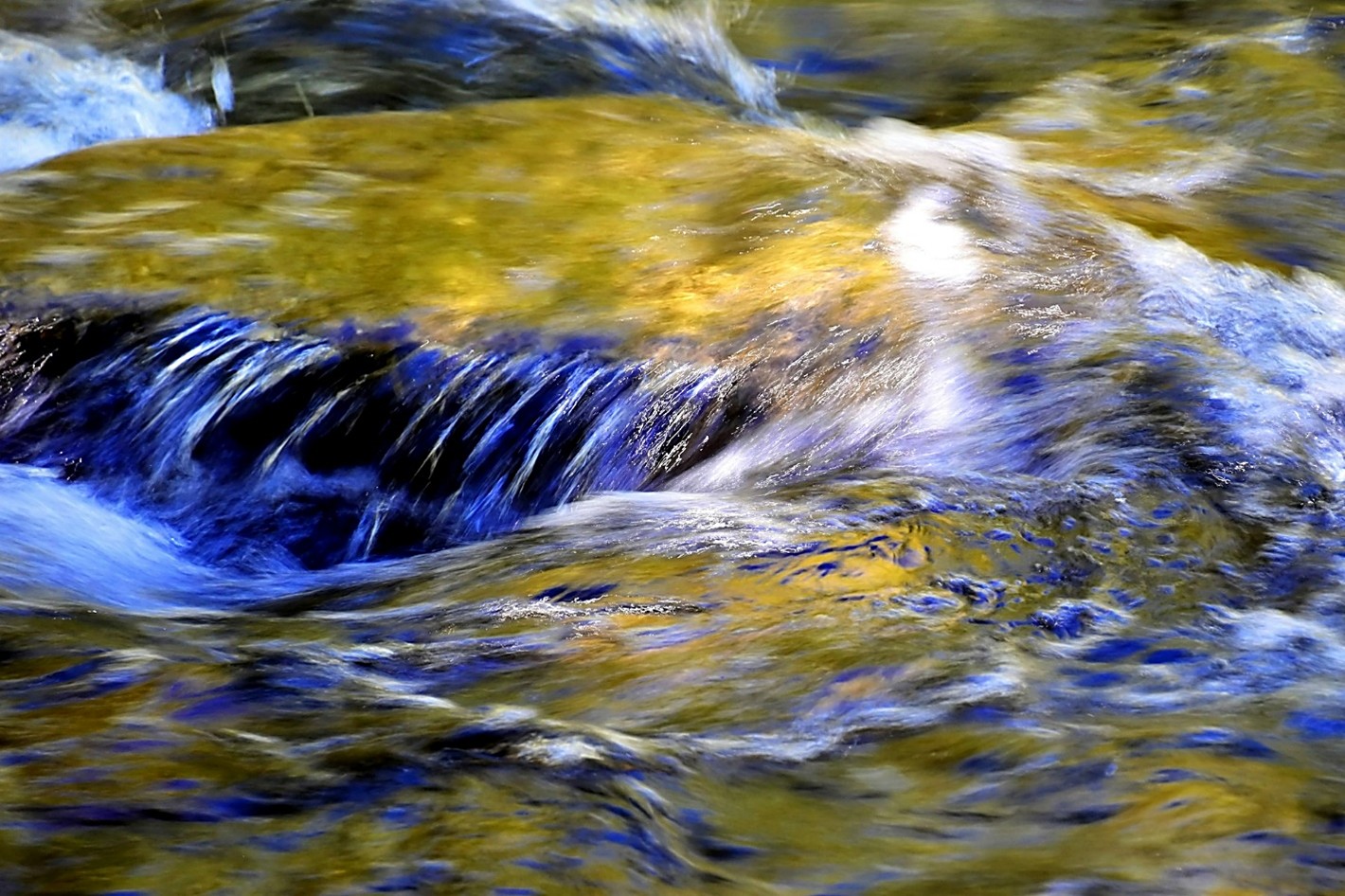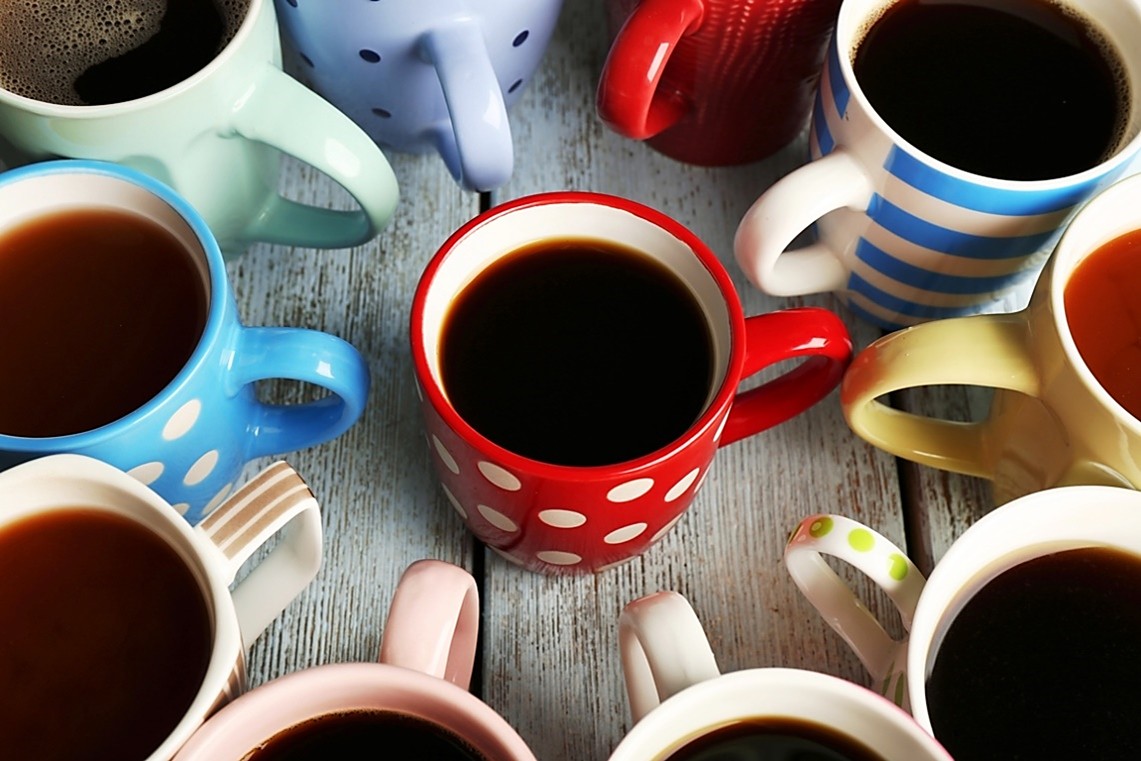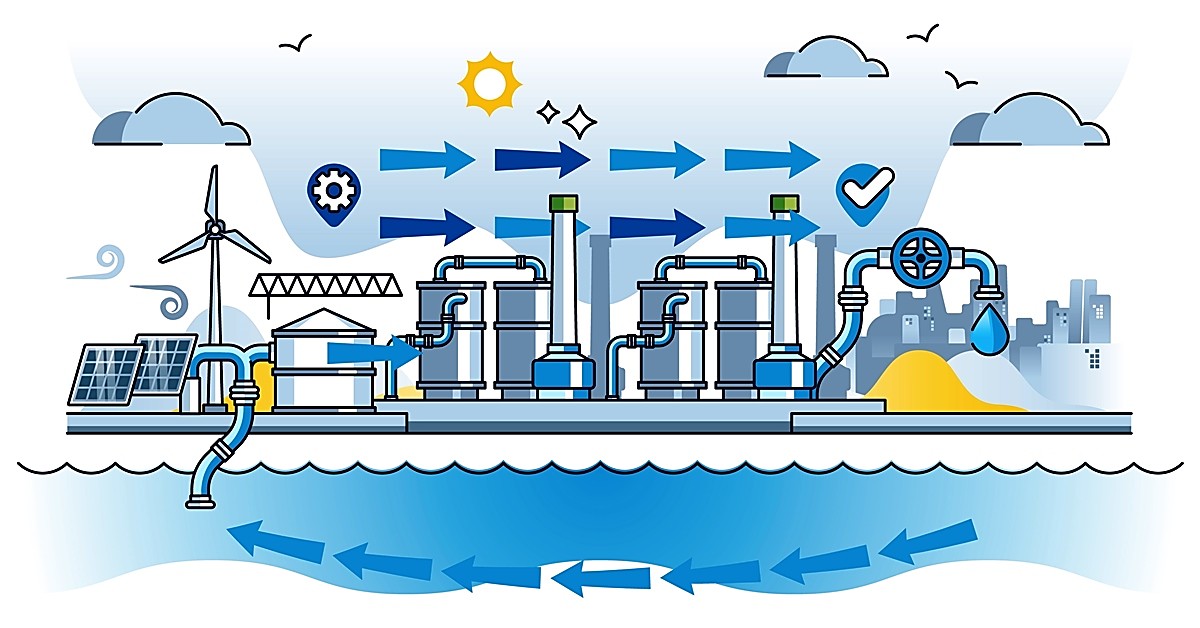
by Fern Shaw | Oct 15, 2025 | Water, water cooler, Water Coolers
That rather clever, my dears, is apparently a quote by Leonardo da Vinci. Who he? According to Wiki, this genius was a (don’t hold your breath now) polymath, painter, sculptor, architect, musician, mathematician, engineer, inventor, anatomist, geologist, cartographer, botanist and writer.
To see how truly marvellous water is, I’ve gathered a selection of quotes about water. I think they’re rather lovely:
If there is magic on the planet, it is contained in the water. ~ Loren Eisley
Everywhere water is a thing of beauty, gleaming in the dewdrops; singing in the summer rain; shining in the ice-gems till the leaves all seem to turn to living jewels; spreading a golden veil over the setting sun; or a white gauze around the midnight moon. ~ John Ballantine Gough, A Glass of Water
Water flows humbly to the lowest level.
Nothing is weaker than water,
Yet for overcoming what is hard and strong,
Nothing surpasses it.
~ Lao Tzu, Tao Te Ching
Water is H2O, hydrogen two parts, oxygen one, but there is also a third thing that makes water and nobody knows what that is. ~ D. H. Lawrence, Pansies
When the well is dry, we know the worth of water. ~ Benjamin Franklin
Praised be Thou, O Lord, for sister water, who is very useful, humble, precious, and chaste.
~ St. Francis of Assisi, Canticle of the Sun
We forget that the water cycle and the life cycle are one. ~ Jacques Cousteau
I’d hazard an opinion that water is not just the driver of nature, but ultimately the driver of life. Without water we’d be in a sorry situation very quickly.
Fortunately for us Earth dwellers, we do have water. What we need to remember though is that potable water is becoming scarcer than need be. It is our responsibility to ensure that we protect this, the most important of our natural resources.
At AquAid, we like to do our bit, by providing water coolers that don’t leak or drip, but sit quietly and unassumingly in their designated water cooler area (wherever you decide that may be) offering a constant, consistent supply of refreshing drinking water.

by Fern Shaw | Oct 6, 2025 | water cooler
As we venture into autumn and winter beckons from afar, it’s perfectly natural to drink water less – often without even realising it. While this seasonal shift is understandable, it’s not always wise. The water content of key organs serves as a reminder of just how important hydration is, no matter the time of year:
- Skin is composed of 64% water.
- The brain and heart contain 73% water.
- Blood plasma is made up of 90% water.
- Lungs hold 83% water.
- Muscles and kidneys consist of 79% water.
Insufficient water intake can lead to a range of issues including digestive discomfort, skin dryness, bladder and kidney complications, fatigue and headaches.
Dehydration often occurs before thirst is even felt. That’s why maintaining consistent hydration throughout the day is crucial. One effective habit to adopt is drinking one to two glasses of water shortly after waking – this can raise blood pressure slightly and help reduce morning lethargy. Keeping a glass or bottle of water nearby encourages regular sipping and making regular trips to your water cooler station can serve as a helpful prompt.
For those who prefer warm drinks in colder months, hot water-based drinks are a great choice. However, it’s worth remembering that sugary drinks require a significant amount of water for the body to process the sugar. For regular coffee drinkers, a good rule of thumb is to pair each cup with a glass of water, and ideally, reduce or eliminate added sugars.
Regular water consumption also boosts metabolism and helps create a feeling of fullness. This can support healthier habits during the colder seasons, when it’s tempting to eat more and move less.
Drink (water) well and stay well.

by Fern Shaw | Oct 1, 2025 | water boiler, water cooler, Water Coolers, water dispenser
Is International Coffee Day cause for celebration? We think so. (Though it’s possible your jittery enthusiasm is less ‘cheer’ and more ‘over-caffeinated’.)
Do we rank in the global coffee consumption lists?
No, we do not. Not even close. Luxembourg does. Finland does. As do Norway, Denmark and Sweden.
Okay, but if we are drinking coffee, is it good for us?
Coffee probably makes the modern world go round – and it’s been doing so since it hit the West in the 1600s. But as with all good things, the golden rule applies: everything in moderation.
That morning coffee (ideally after breakfast) is a great way to get going. But if your day is fuelled solely by creamy lattes and sugar-laden cappuccinos, the benefits of coffee can quickly get buried under the calories.
Pro tip: Pair every coffee with a drink of water to stay hydrated. Not only is it great for your body, but your skin and energy levels will thank you too.
A pre-workout coffee? Yes, really.
Many avoid coffee before exercising, thinking it’s too dehydrating. Actually, a cup of coffee before a workout can help boost fat burning, improve endurance, and reduce fatigue – just hold the honey and whipped cream.
It’s what’s inside that counts.
Coffee is packed with flavonoids, powerful antioxidants that help stop LDL cholesterol from oxidising—great news for your heart health. And if you keep it simple (read: black coffee, no sugar), your daily brew clocks in at just 2 calories. Diet-friendly and delicious.
But first … hot water.
No coffee without hot water – which is where we come in. With an AquAid water dispenser, instant hot water boilers, or boiling water taps, getting your perfect cup is effortlessly easy, whether you’re in the office, at home, or anywhere in between.
Even better? Every cup you brew helps support Christian Aid and The Africa Trust, who bring clean drinking water to communities across Africa. So, while you’re sipping your hot coffee, someone else is getting access to safe, life-changing water.

by Fern Shaw | Sep 29, 2025 | instant tap, mains fed water cooler, water cooler, Water Coolers
Whether you’re operating a multinational corporation or managing a team of two, one thing remains the same: employers have a responsibility to provide a safe, healthy and supportive work environment.
It’s not just about ticking boxes. It’s about genuinely caring for your team’s well-being – and that starts with the basics.
What Does a Healthy Work Environment Look Like?
A positive workplace doesn’t need to be extravagant. But it does need to ensure that everyone has access to key resources that help them stay focused, energised and well.
At the very least, a responsible employer should provide:
- Easy access to a constant supply of drinking water throughout the day
- A space to eat and recharge, even if it’s just a small break room
- A designated area away from the desk where staff can take short breaks
- Clean, well-maintained bathroom facilities
These are simple, everyday needs – but when they’re consistently met, they contribute massively to morale, productivity and staff retention.
Going Beyond: When Your Water Cooler Does More Than Just Hydrate
It’s easy to overlook the office water cooler. But what if something as ordinary as drinking water at work could have an extraordinary impact somewhere else in the world?
That’s exactly what AquAid has built its mission around.
While AquAid offers a wide range of high-quality water coolers, hot water boilers, bottled water solutions and Instant Taps across the UK – with professional installation and aftercare – it’s their commitment beyond the workplace that truly sets them apart.
Drinking Water Here = Safe Water There
For every mains fed water cooler installed or bottle of water purchased from AquAid, a portion of the proceeds goes directly to charities that provide sustainable, life-saving water resources to communities across Africa.
That means your workplace water solution could be helping to:
- Fund the installation of community water wells in rural villages
- Support long-term water purification systems
- Empower local teams to manage and maintain their own water infrastructure
- Provide safe drinking water to schools, health clinics and households where it’s desperately needed
And we’re not talking small numbers. Through partnerships with organisations like The Africa Trust and Christian Aid, AquAid has helped bring clean, accessible water to millions of people.
Keen to Make a Difference? Contact us at AquAid
If the idea that your team’s daily water intake could help fund life-changing water solutions for thousands of communities aligns with your values, we’d love to hear from you.
Here’s how to get in touch:

by Fern Shaw | Sep 15, 2025 | Water, water cooler
In 2025, it’s easy to forget that even in the UK, water security is a cause for concern. While globally, around 703 million people still live without access to safe drinking water, the UK isn’t immune to water stress – especially with rising demand and increasingly unpredictable weather patterns. According to the Environment Agency, parts of England could run out of water within 20 years if no action is taken.
And it’s not just about drinking water. Sanitation, water infrastructure and waste are big issues too. The average person in the UK uses around 142 litres of water per day, much of it flushed straight down the loo. That’s a lot of clean, treated water quite literally going to waste.
Add in climate change – drier summers, flash floods, and aging reservoirs – and it’s clear that water security isn’t something we can ignore. Thames Water, for instance, has already had to impose hosepipe bans in some areas and regulators have warned that demand could outstrip supply by the mid-2030s.
Cars That Emit Water (And Nothing Else)
Hydrogen-powered vehicles, once seen as futuristic, are now being trialled across the UK. Companies like Toyota and Hyundai have hydrogen models on the road, with the UK government investing over £200 million in low-emission transport and fuelling infrastructure. These cars generate electricity using hydrogen and oxygen, emitting only water vapour. They’re still rare compared to electric vehicles, but they’re part of a wider clean transport push.
Desalination in the UK?
While desalination is still more common in arid regions, the UK does have one major plant—the Beckton desalination plant in East London, which can supply up to 150 million litres of drinking water per day during drought conditions. It’s a backup plan more than a daily necessity, but as climate pressures increase, the role of such technology is likely to grow.
When All You Really Need is a Water Cooler
Still, for most of us, there’s no need to filter seawater or retrofit your car with hydrogen cells just to stay hydrated. Keep things simple by replenishing your drinking water from your water cooler or water dispenser. No desalination or hydrogen tanks required – just good‑old refreshing water. If your office supply isn’t hitting the mark, contact AquAid for cool, convenient hydration you can rely on.
Sources
Environment Agency’s water supply warning: from an article at The Times
Hosepipe bans in the Thames Valley: from Thames Water, Homebuilding
£200 million for low‑emission transport and refuelling infrastructure: from transportldp.co.uk, GOV.UK
£500 million for hydrogen network infrastructure: reported by Government Business
Beckton desalination capacity and usage: from Wikipedia, Everything Explained Today





